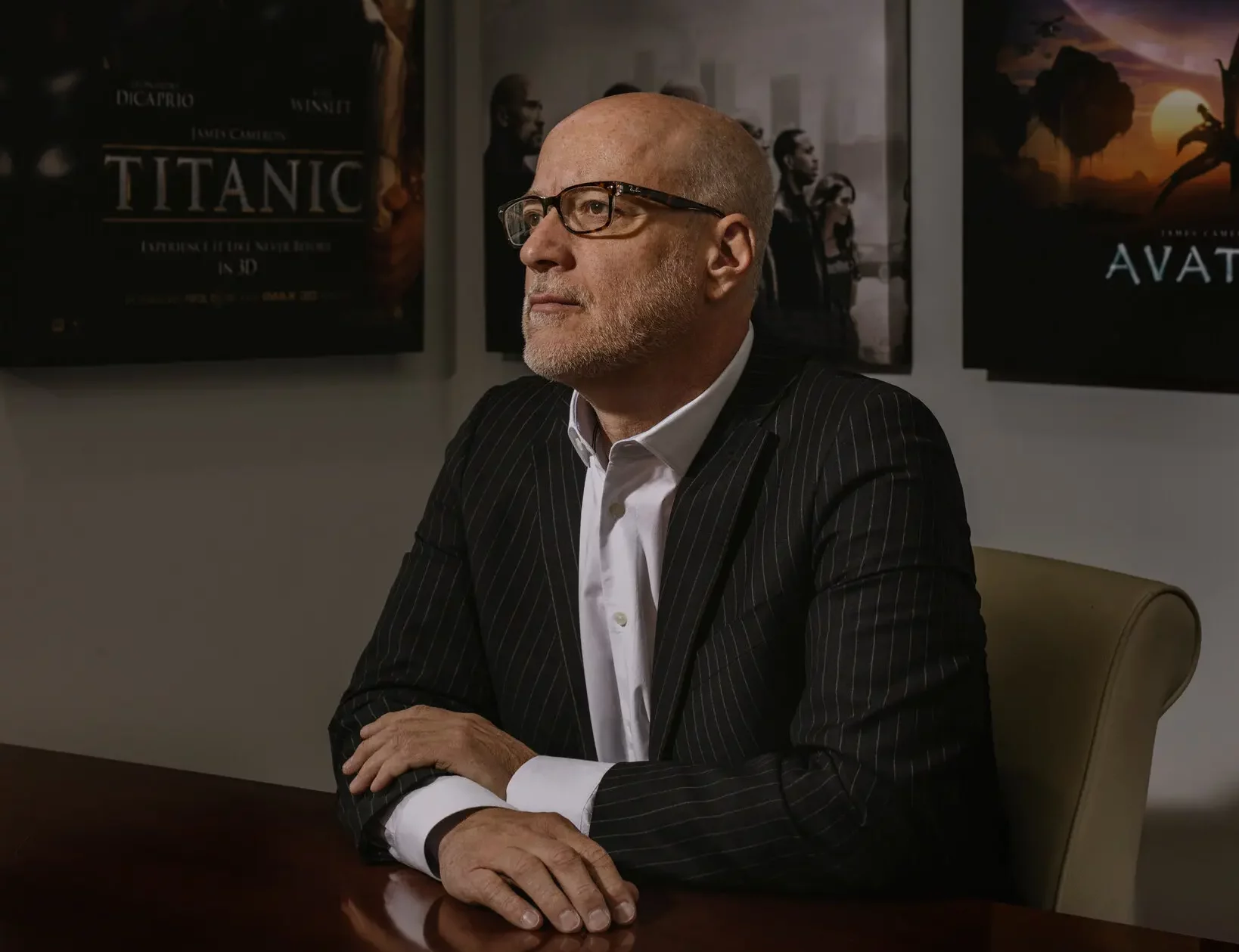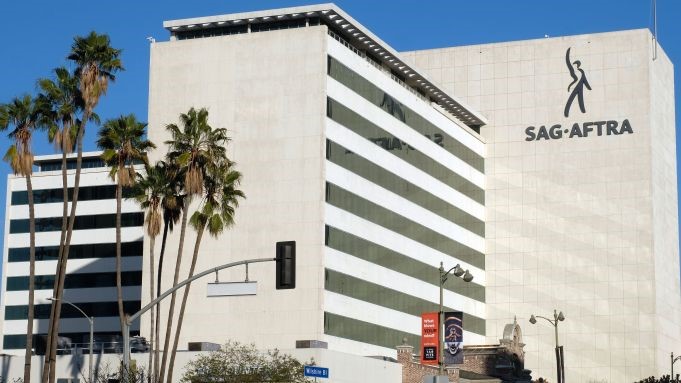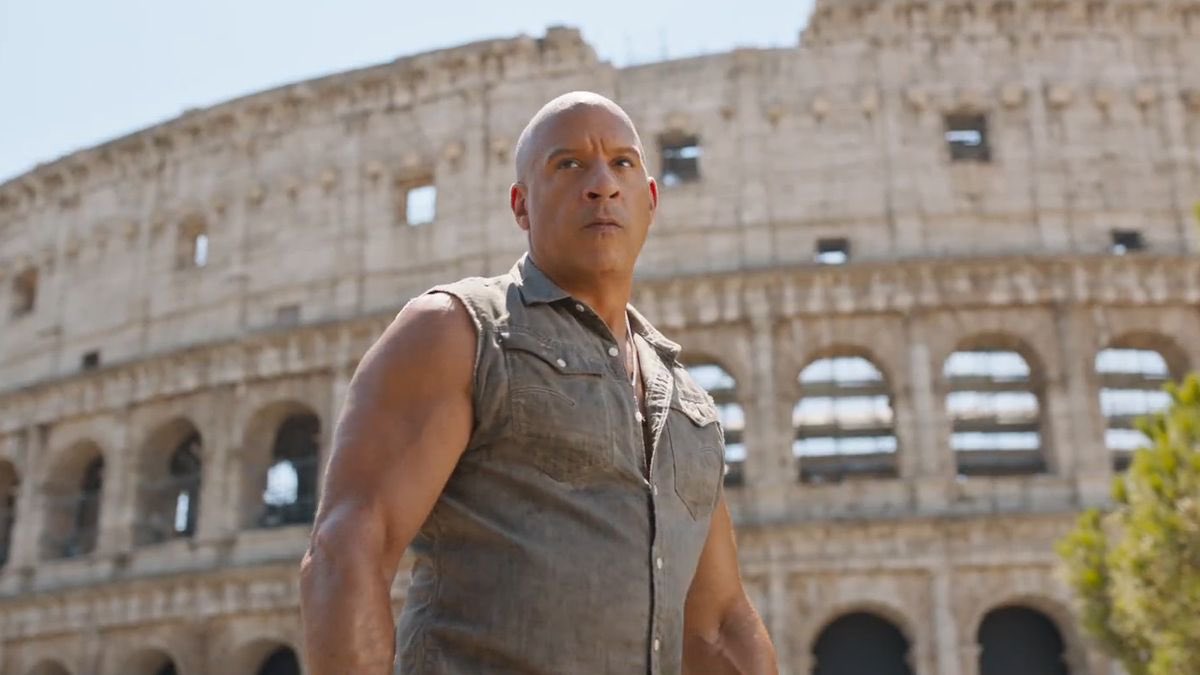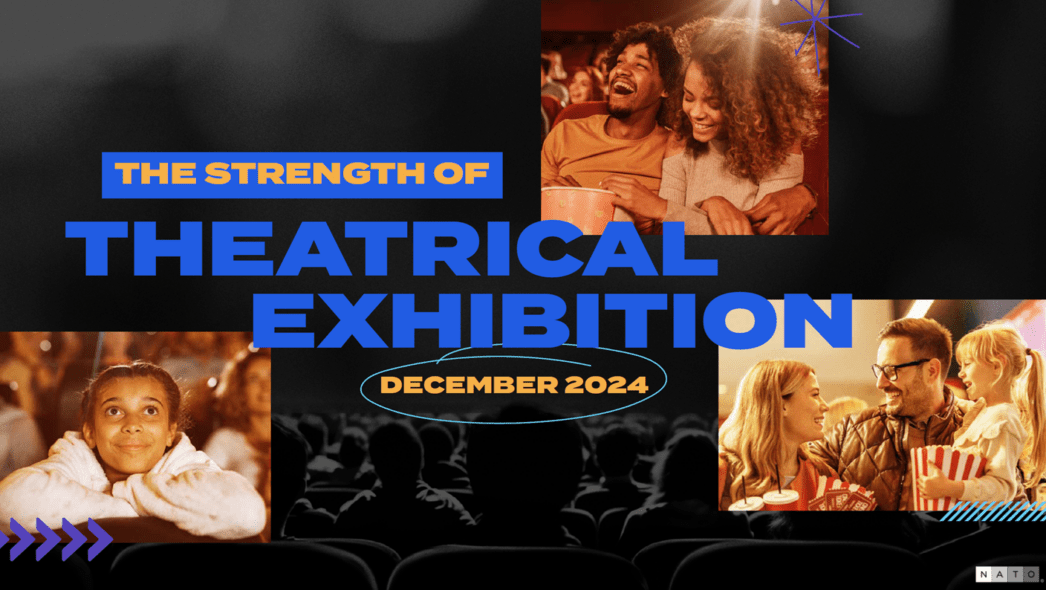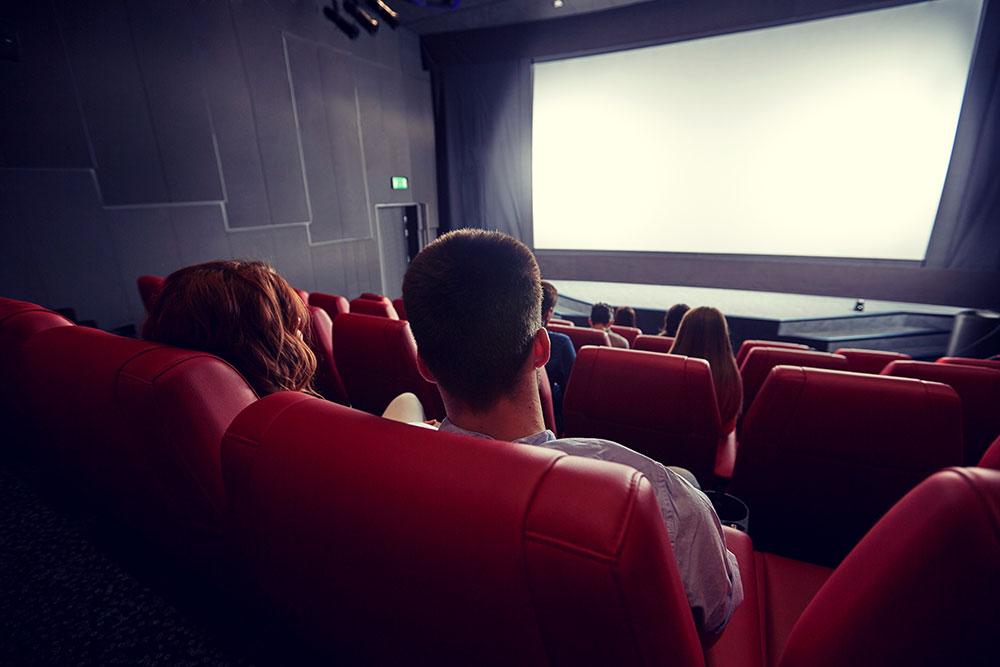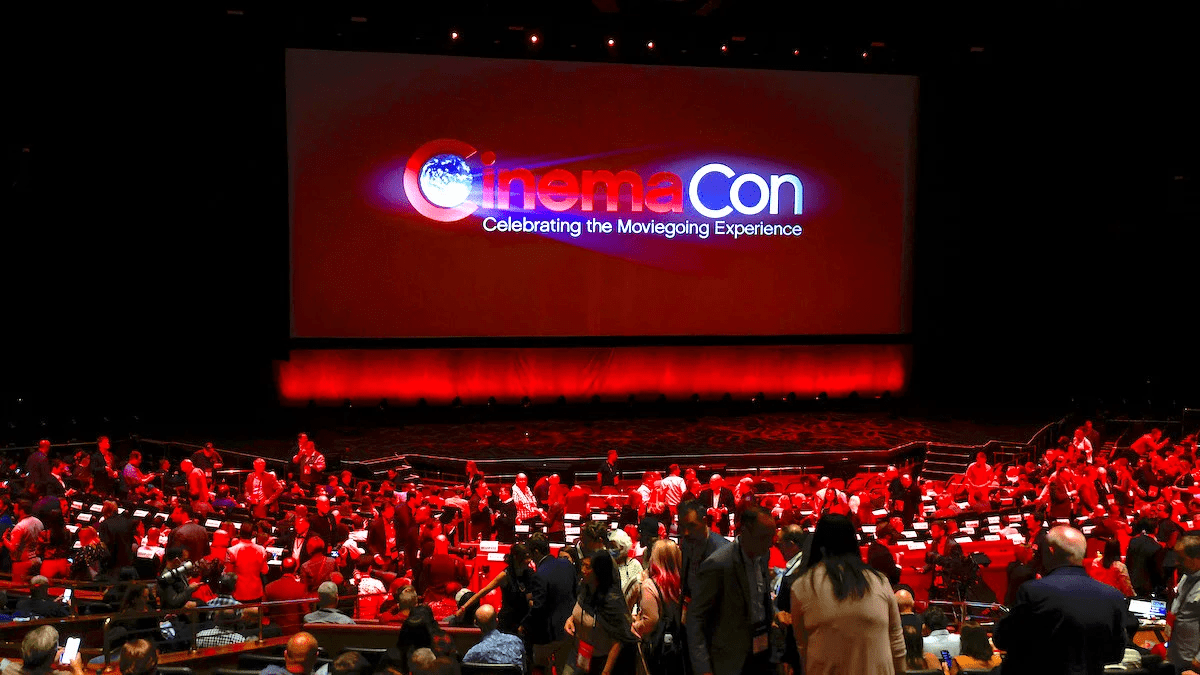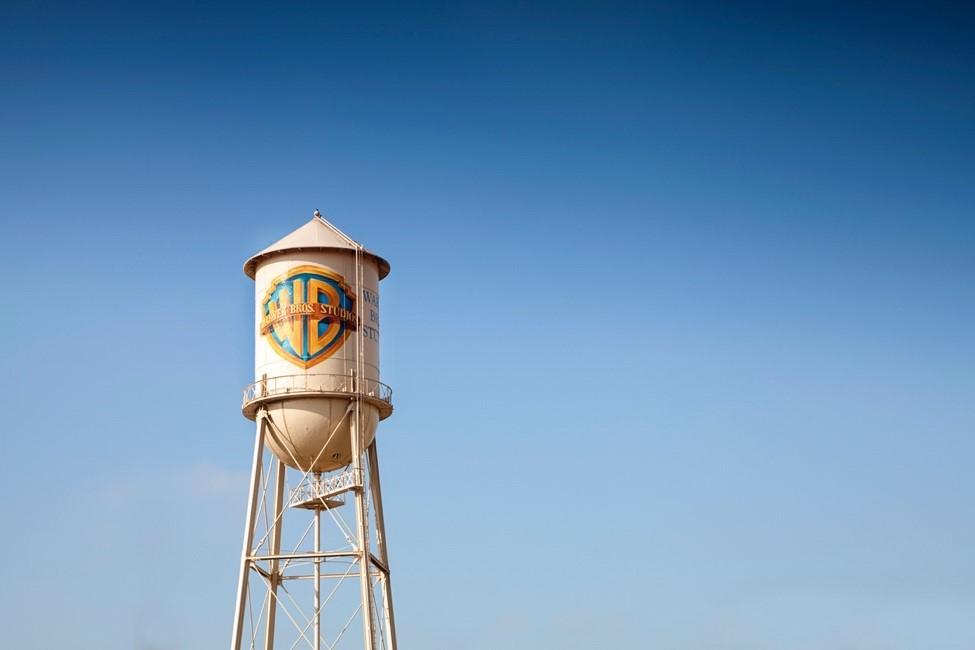The New York Times published an exit interview with NATO’s outgoing President and CEO John Fithian, as he steps down after spending the last thirty years advocating for exhibitors. Fithian highlights some of the biggest challenges that the industry has faced over that time.
These include making the expensive conversion from film to digital projection and the shrinking window studios provide theatres during which they have exclusive access to play their new releases.
Fithian commends exhibitors for making continued investments to improve the moviegoing experience, by upgrading their projection and sound, providing increasingly comfortable seating, and introducing new concessions, beverage, and dining options.
His biggest concern has come recently when studios were rethinking their businesses to focus on streaming at the expense of cinemas. In the early days of the pandemic, some execs flirted with the idea that “the only thing that mattered as a competitive business model was the number of subscribers to streaming services.”
The winds have changed since that time, and Hollywood has come back to the viewpoint that theatrical releasing is the most effective way to launch a new movie, producing revenue from the box office and increasing interest for its eventual appearance on streaming.
Heck, even Amazon and Apple have jumped on the bandwagon, with recent announcements from each that they will spend $1B annually to produce new movies to be released in theatres before they hit Amazon Prime Video or Apple TV+.
As he now hands over NATO’s reins to incoming President Michael O’Leary, Fithian is enthusiastic about the future of cinemas. “If the studio partners keep making really good movies that appeal to diverse audiences, and we keep innovating and upgrading cinema experiences, I’m very bullish on the long-term health of the industry.”


